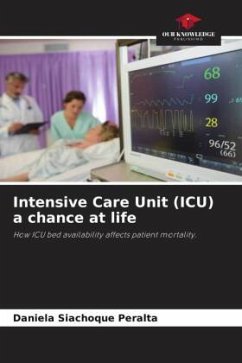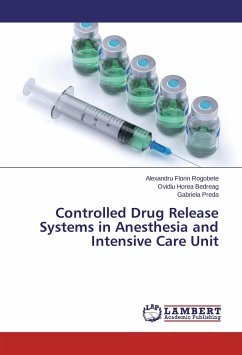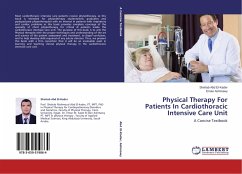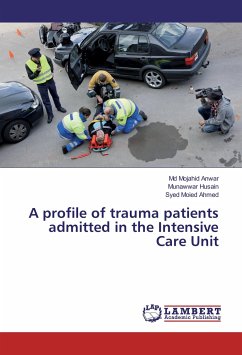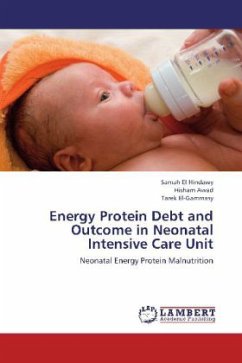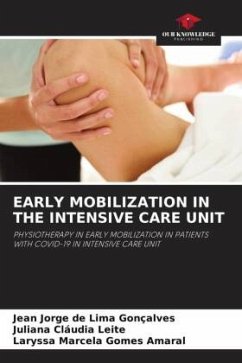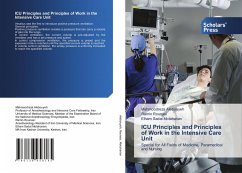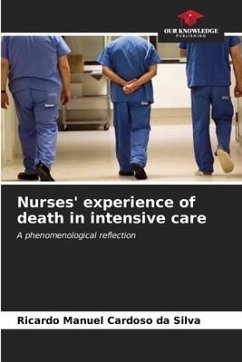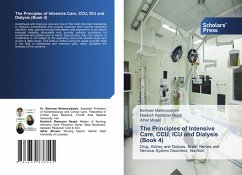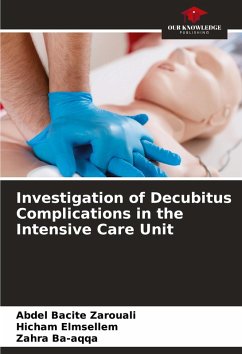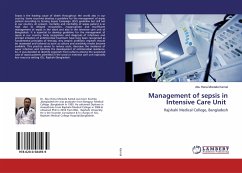
Management of sepsis in Intensive Care Unit
Rajshahi Medical College, Bangladesh
Versandkostenfrei!
Versandfertig in 6-10 Tagen
31,99 €
inkl. MwSt.

PAYBACK Punkte
16 °P sammeln!
Sepsis is the leading cause of death throughout the world also in our country. Some countries develop a guideline for the management of sepsis patient according to Serving Sepsis Campaign (SSC) guideline but still not in our country. At present, mortality and morbidity of sepsis patient is so high due to delayed recognition, inappropriate and insufficient management of sepsis in the ward and also in the intensive care unit of Bangladesh. It is essential to develop guideline for the management of sepsis in our country. Early recognition and diagnosis of infections and prompt initiation of antim...
Sepsis is the leading cause of death throughout the world also in our country. Some countries develop a guideline for the management of sepsis patient according to Serving Sepsis Campaign (SSC) guideline but still not in our country. At present, mortality and morbidity of sepsis patient is so high due to delayed recognition, inappropriate and insufficient management of sepsis in the ward and also in the intensive care unit of Bangladesh. It is essential to develop guideline for the management of sepsis in our country. Early recognition and diagnosis of infections and prompt initiation of antimicrobial treatment have long been recognized as fundamental principles of therapy. Any empiric antibiotic regimen should be reassessed and tailored as soon as culture and sensitivity results become available. This practice serves to reduce costs, decrease the incidence of super infection and minimize the development of antimicrobial resistance. So, it was decided to identify organism from cultures among the suspected case of sepsis patients admitted in the ward or intensive care unit especially low resource setting ICU, Rajshahi Bangladesh.



